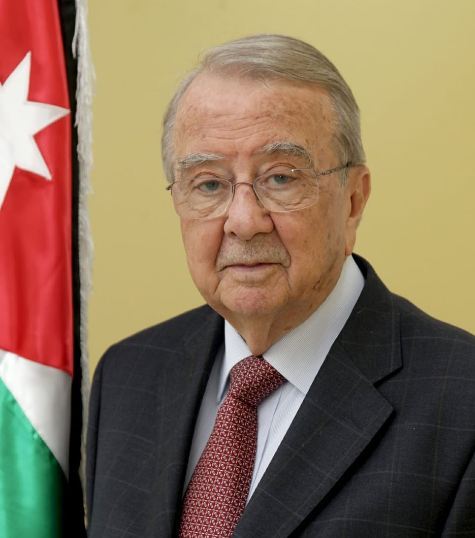Head of the Jordanian Businessmen Association (JBA), Hamdi Tabba’a, stressed the importance of launching a national economic program that suits capabilities of the national economy, adding that business community is “ready” to cooperate with the government in this regard.
In his interview with “Petra” on Sunday, he said the projected program should aim to support the economic sectors and help them restore their operational and production activity in their pre-pandemic period.
His Majesty, at his meeting with Royal Committee to Modernise Political System, noted the political path should coincide with a economic and administrative track, and directed the government to develop “a clearly defined” economic program within weeks, to be implemented within a specific timeframe, according to Tabba’a.
The King, he said, said the program should be carried out in partnership with the private sector to achieve economic recovery, achieve growth and employment levels necessary to stimulate economy, launch development projects, and improve services provided to citizens in a “tangible” way.
Tabba’a called on conducting a sectoral analysis with focus on the five most pandemic-hit sectors, which used to contribute a “significant and important” stake to the GDP, foremost is tourism that injected a “high” amount of hard currency.
The proposed program, he said, should include a set of short and medium-term goals, linked to implementation mechanisms within scope of the government’s capabilities, and shun “exaggerated” expectations about its outcomes.
The economic program, he noted, should keep pace with requirements of the current stage, resulted from the pandemic-imposed economic repercussions, which required resetting priorities and integrating economic plans aimed at achieving economic recovery, overcoming the current crisis and fixing economic losses on the various sectors.
The program should focus on the fundamental challenges facing the Jordanian economy, especially the “high” internal and external debt and the accumulated budget deficit, which limits the government’s ability to spend on education, health, public utilities, roads, bridges and infrastructure, according to Tabba’a.
The economic program should also include “practical” solutions to the poverty and unemployment problems, which hit 24.7 percent at the end of 2020, he pointed out.
//Petra// AG
